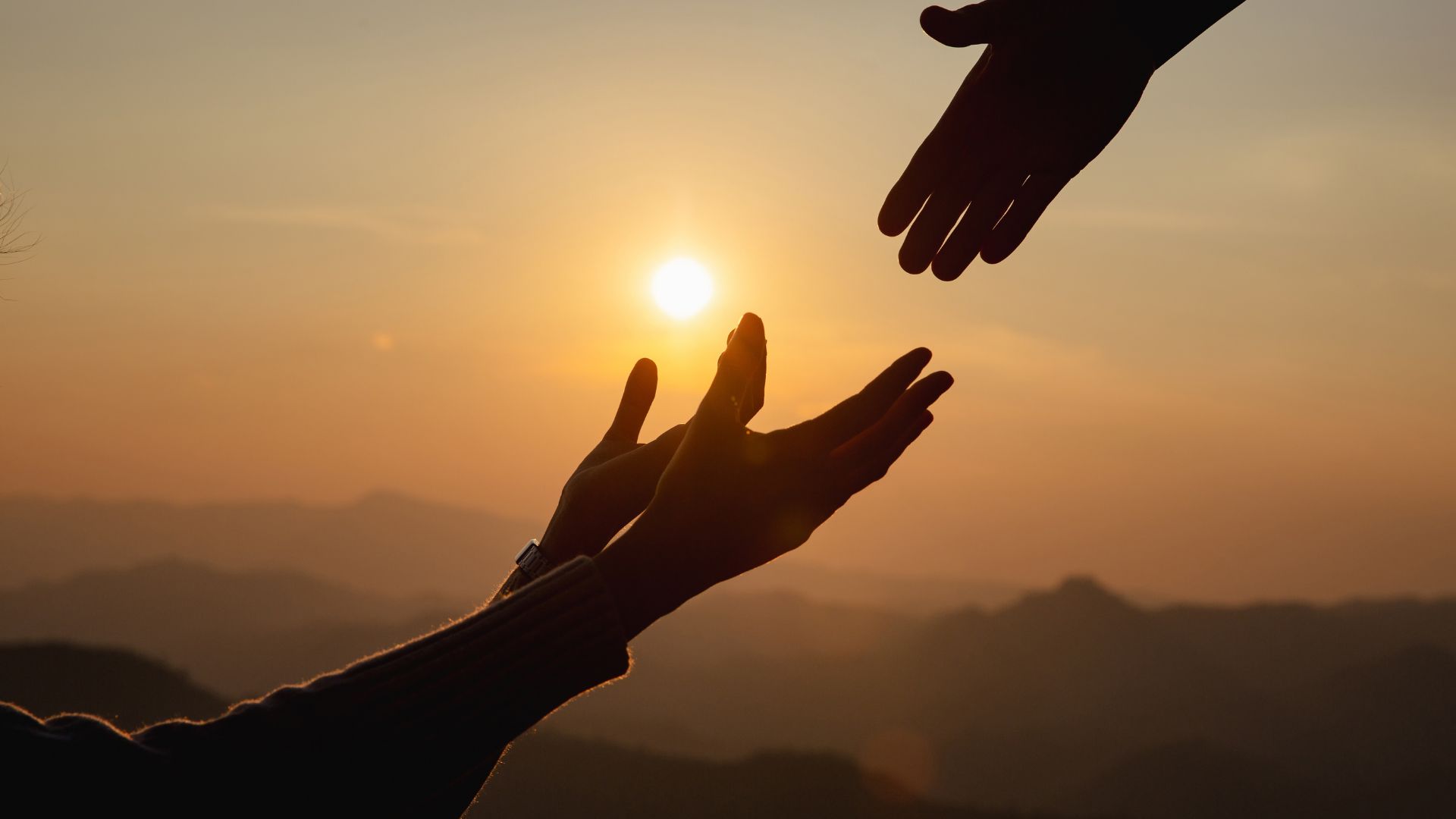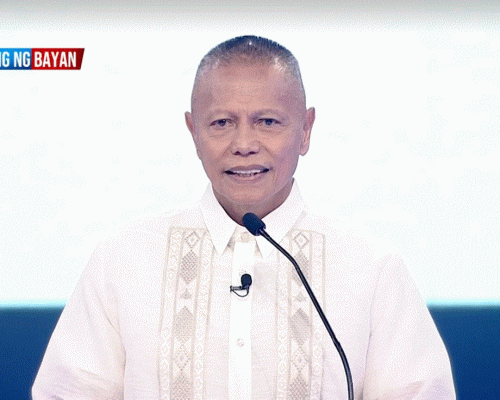In the vast landscape of human existence, spiritual beliefs have always played a central role in shaping cultures, societies, and individual identities. From ancient times to the modern era, these beliefs have offered guidance, solace, and a profound connection to something greater than ourselves. Let’s embark on a journey to explore the rich tapestry of spiritual beliefs that have woven themselves into the fabric of humanity.
At its core, spirituality is deeply personal, encompassing a wide array of beliefs, practices, and experiences. It transcends the boundaries of organized religion, embracing diverse perspectives and interpretations of the sacred. For some, spirituality revolves around a belief in a higher power or divine presence, while for others, it may involve a deep reverence for nature, the cosmos, or the interconnectedness of all living beings.
One of the most fascinating aspects of spiritual beliefs is their ability to adapt and evolve over time, reflecting the ever-changing needs and aspirations of human beings. While some traditions have endured for millennia, others have emerged in response to contemporary challenges and insights. This fluidity speaks to the resilience and dynamism of the human spirit, constantly seeking meaning and purpose in an uncertain world.
Across cultures and civilizations, spiritual beliefs have served as a source of moral guidance, ethical principles, and inner strength. They provide a framework for understanding the mysteries of life and death, the nature of suffering and redemption, and the quest for enlightenment or salvation. Through rituals, prayers, meditation, and other spiritual practices, individuals seek to cultivate a deeper connection to the divine and to cultivate virtues such as compassion, gratitude, and humility.
Yet, spiritual beliefs are not immune to controversy or conflict. Throughout history, differences in religious and philosophical outlooks have fueled ideological disputes, sectarian violence, and cultural clashes. In an increasingly interconnected world, it is more important than ever to foster dialogue, mutual respect, and understanding among people of diverse spiritual traditions.
Moreover, the rise of secularism and scientific rationalism has prompted many to question the relevance and validity of spiritual beliefs in the modern age. While science has undoubtedly transformed our understanding of the universe, it cannot address the existential questions that lie at the heart of human existence. Spirituality offers a different mode of inquiry, one that embraces mystery, wonder, and the ineffable dimensions of reality.
In the face of global crises such as climate change, social injustice, and existential threats, spiritual beliefs can serve as a source of hope, resilience, and inspiration. They remind us of our interconnectedness with all of creation and our shared responsibility to care for the earth and its inhabitants. In times of hardship and adversity, they offer comfort and consolation, reminding us that we are never truly alone on our journey through life.
Ultimately, spiritual beliefs invite us to explore the depths of our own souls, to seek meaning and purpose beyond the material realm, and to cultivate a sense of reverence for the sacredness of all existence. Whether we find solace in prayer, meditation, art, or nature, the quest for spiritual fulfillment is a deeply human endeavor, one that transcends the boundaries of time and space.
In conclusion, spiritual beliefs are an integral part of the human experience, offering guidance, solace, and a profound connection to something greater than ourselves. As we navigate the complexities of the modern world, let us embrace the diversity of spiritual traditions and cultivate a spirit of openness, humility, and reverence for the mysteries of life.



























